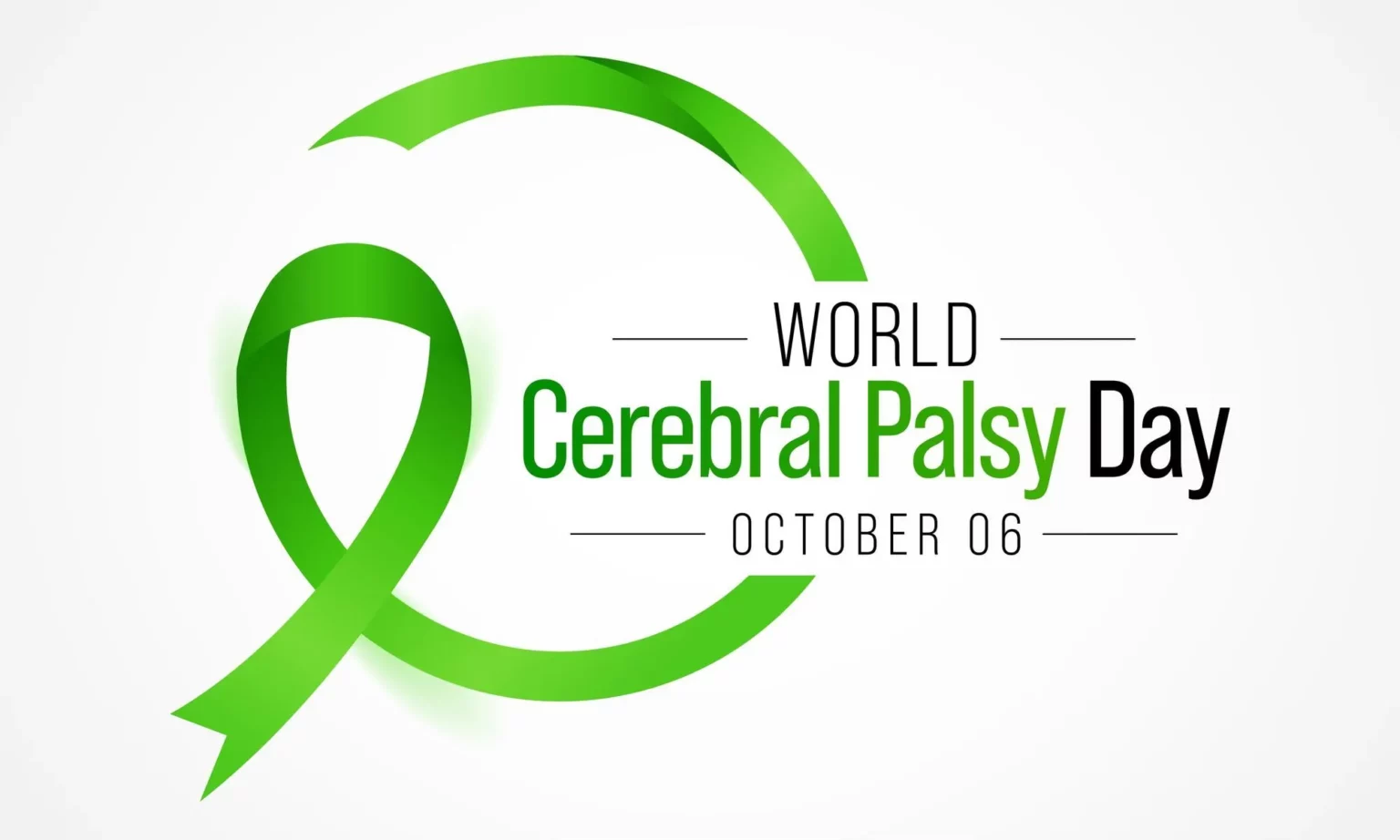Any illness deserves awareness to prevent a deeper level of calamity. Neurological imbalances cause multiple disorders which infuse a difficult life for the patient and their caregivers. To acknowledge the patients with cerebral palsy, the CDC organizes events of awareness and recognizes social workers in the said field.

Neurological Disorders:
Disorders affecting the brain and nerves throughout the body are termed “neurological disorders.” Structural, biochemical, or electrical abnormalities in the brain or spine can cause multiple kinds of dysfunction.
Although we do not know the exact cause of neurological disorders, some of the important factors accounting for them include:
- Genetic disorders
- Congenital abnormalities
- Infections
- Spinal cord injury
- Brain injury
- Nerve injury
- Malnutrition

Some of the neurological disorders are congenital as they occur during the gestation period and affect the child for their lifetime.
Whatever the cause behind any neurological dysfunction, there are many disorders that sprout out of it. For example, learning disabilities, ADD, brain tumors, epilepsy, autism, neuromuscular, and cerebral palsy.
Neurological vs. Neurodegenerative:
While the confusion mounts and adheres to the similarity between the sources of disorders, there is a significant difference between neurological disorders and neurodegenerative disorders.
As both might be congenital, we can rule over the fact that they both will take over from the initial stages of life. One accounts for being persistently present since childhood (neurological), while another slowly shows at a later stage in life and continues till the end (neurodegenerative).

The term “neurodegenerative” refers to the slow degeneration of nerves and brain function. The continuous degradation of mental abilities causes disorders and diseases like Alzheimer’s, Parkinson’s, and spinal muscular dystrophy that fall under this category.
Neurological disorders occur at early ages and lead to being the cause of hindrances in living a smooth life; abnormalities like seizures (both epileptic and non-epileptic), autism, etc. Cerebral palsy, a motor dysfunction, falls under this category.
World Cerebral Palsy Day:
The word is self-explanatory in itself. As cerebral accounts for anything that constitutes brain activity and palsy is the weakness or inability in muscle functioning, collectively we attain Cerebral Palsy.
The Center for Disease Control and Prevention (CDC) first conducted its study of cerebral palsy in the US to understand the magnanimity of the disorder and to provide ample data for a healthier life.
In 2012, the Cerebral Palsy Alliance designated October 6th as World Cerebral Palsy Day.

To provide awareness about this disorder and to prevent social injustice, the CDC promotes this particular date for the betterment of individuals suffering from this disease.
It intends to bring people together as a community to be part of the plight of patients and merge them into society as one of their own.
Every year there is a different theme which is the basis of awareness, and this year’s theme readily reflects the answer to why anyone should care about cerebral palsy; because there are “Millions of reasons” to do so.
Distance and discrimination:
The distance from the patient to society is nothing but one breath after the other. The lack of awareness and understanding about the disorder causes panic and injustice.
The stigma attached to any neurological or neurodegenerative disorder widens the gap between the inclusion patients deserve and the exclusion they face.
Proper awareness programs conducted through health authorities and policies formed by the government to tackle these disorders and diseases can vastly reduce distance and discrimination.

Discrimination is a hefty negative aspect of society that knows no bounds. While societal norms inhibit people from adhering to humanitarian demands, the crisis multiplies the negativity, redirecting the positivity even further down the black hole.
Prices for discrimination suffered are paid by the patients, but the real fine is on the people who fail humanity as a community and a society.
The Cradle of Liberty:
Neurological disorders are observed in the early stages of life. Society has begun to loosen its negative grip on autism, a disorder found in children that society has begun to loosen its negative grip on.
The actions and the delay in performing those actions were earlier completely frowned upon, but of late, attempts are being made to understand them. This is a good step.
But with cerebral palsy, we still have a very long way to go for people to start accepting it in the same manner as they have done with others.

The denial of liberty to those who suffer from something they did not intentionally cut themselves with is a form of harassment that no one should have to endure.
The cradle, a place for infants and toddlers, holds much meaning for grownups. We look up to them and intend to become like them.
Because children do not discriminate and are born without malice, they readily accept everyone, disabled or not. And we should try and raise the inner child to provide the environment we imagine to be healthy and acceptable for our own children.
Liberty is for everyone and should not be denied.













